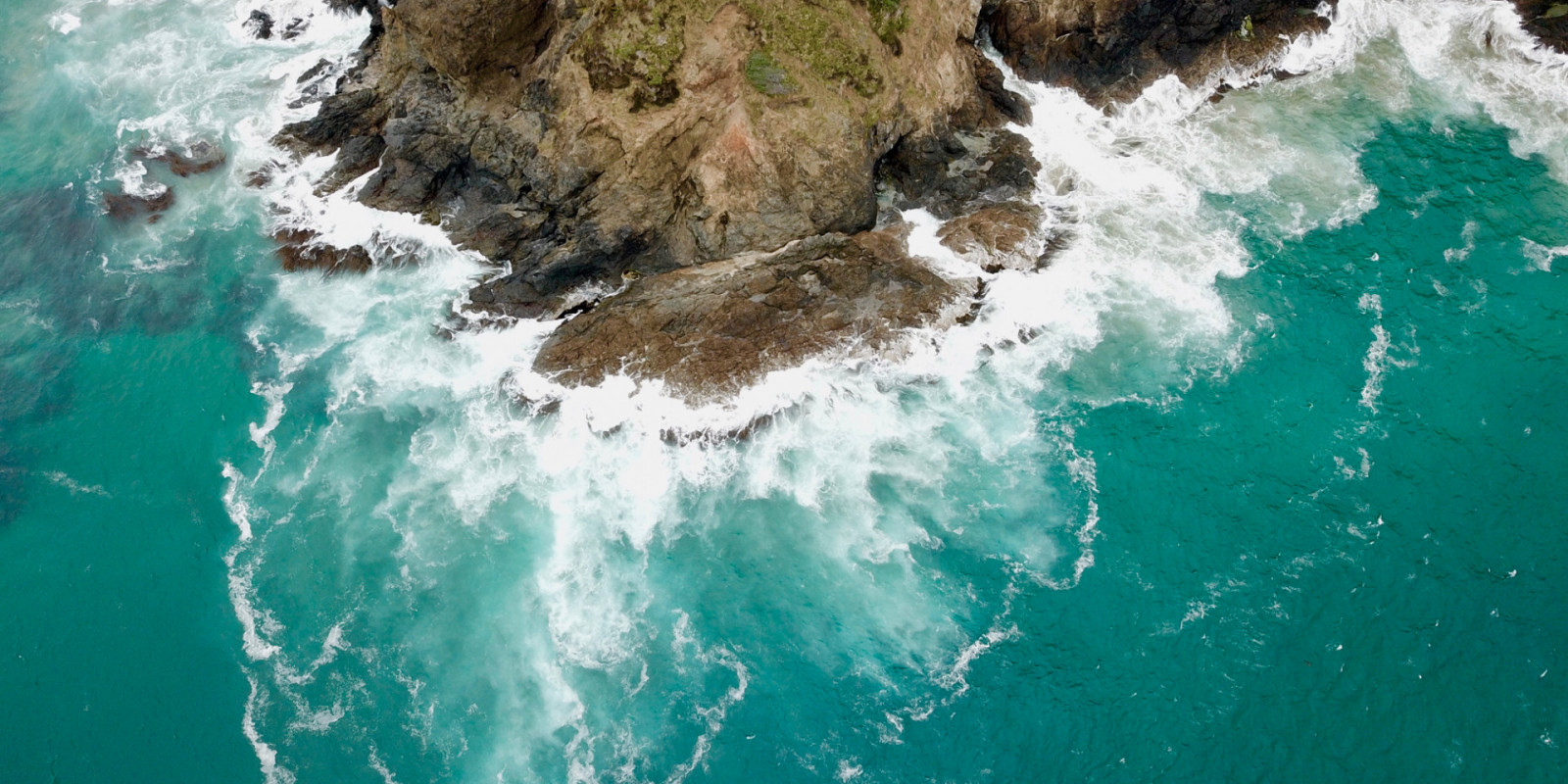- Report
Kohunga Kūtai
Creating a sustainable supply of seed mussels using mātauranga Māori (June 2024)
In recent years there have been increasing concerns about the potential contribution of aquaculture to marine plastic pollution. These concerns are particularly acute for indigenous people, who have traditionally been excluded from environmental decision making. Like other forms of aquaculture, plastic materials are routinely used in mussel aquaculture, for the construction of farms, and the culturing of stock. Of all the plastic materials used for mussel aquaculture, plastic grow ropes appear to be particularly susceptible to releasing plastics into the marine environment, through shedding and abrasion.
This study sought to combine indigenous knowledge systems (ie mātauranga Māori) with science to determine whether natural fibres could be used to replace plastic grow ropes in mussel aquaculture. Using mātauranga, several plant species were identified as potentially being suitable for use in the manufacture of mussel ropes and were subsequently tested to determine their durability and ability to be woven into corded rope. Fibres from the three best performing species (ie tī kōuka, harakeke, and pampas) were then compared with plastic fibres to determine their ability to catch Greenshell™ mussel (Perna canaliculus) spat. The natural fibres caught similar quantities of spat as the plastic fibres, and the two best performing (tī kōuka and harakeke) were then manufactured into corded rope. Although these natural fibre ropes caught lower numbers of spat than standard plastic grow ropes, this research demonstrated the potential for natural fibre ropes to replace plastic rope in mussel aquaculture. However, this would require mechanized processes for extracting the fibres, and manufacturing of rope.
